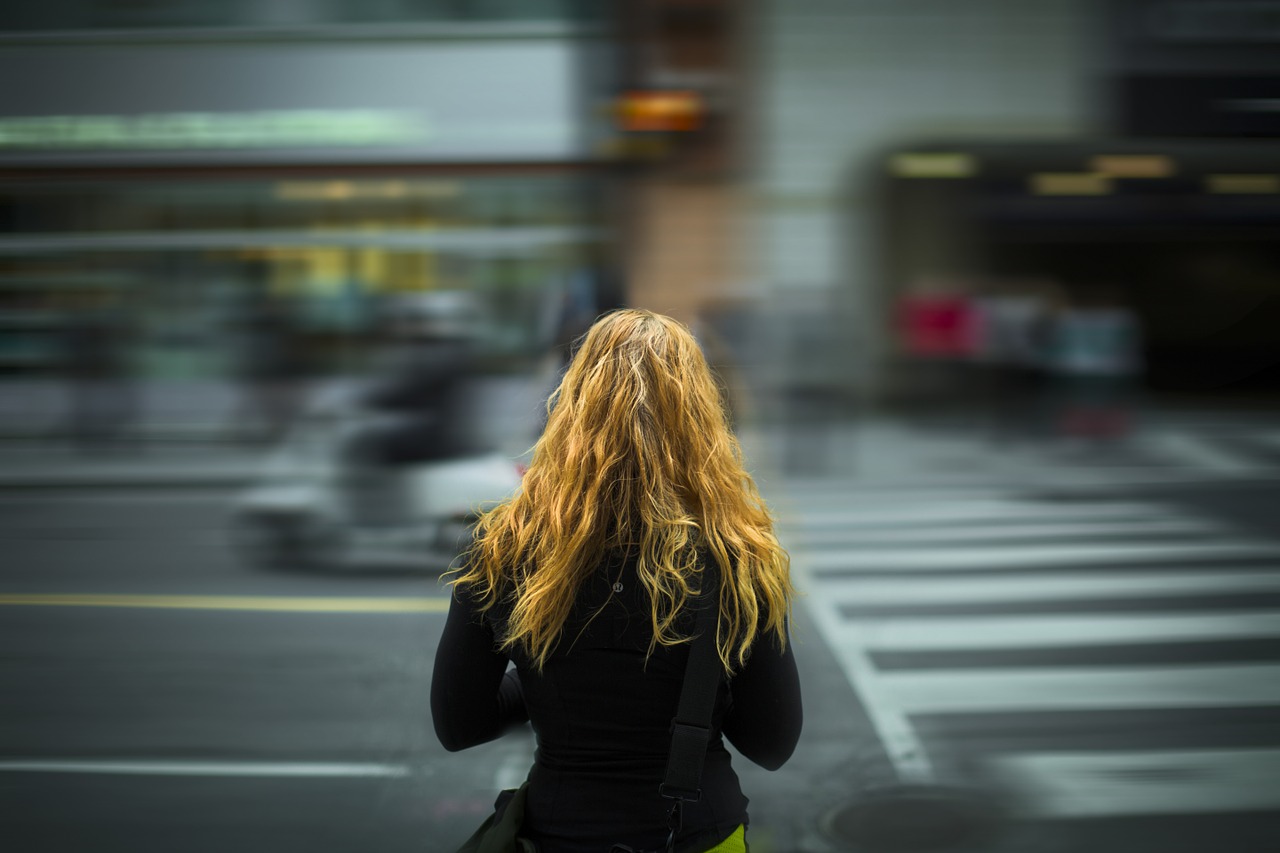
The second wave of coronavirus has begun, according to William Schaffner, a professor at the Vanderbilt University School of Medicine.
With this, he suggests that the public must remain careful or the health-care system would suffer again.
“The second wave has begun,” said the professor of medicine during an interview on CNBC’s “Street Signs Asia."
“We’re opening up across the country, but many, many people are not social distancing, many are not wearing their masks.”
He added that he “cannot imagine” a second shutdown due to the economic damage brought by the first one.
Several states in America revealed increase in Covid-19 cases as restriction measures started to be lifted throughout the country.
The US reported the highest number of coronavirus cases in the world. Data from Johns Hopkins University revealed that the coronavirus has infected about 2.1 million people and led to the death of more than 115,000.
Schaffner explained that mass gatherings and religious services have resumed. “Many people are simply not being careful, they’re being carefree,” he said. “That, of course, will lead to more spread of the Covid virus.”
"Off the table"
Amid signs of a second wave of coronavirus, another lockdown is “off the table," according to Schaffner.
He believes that governments, companies, and religious leaders must work together to continue practicing social distancing and wearing of masks in order to flatten the curve.
Wearing masks is “very, very important," he emphasized. Authorities should “persuade and educate” their people to make this a “social norm," he added.
“If we all do that in respect of each other, then I think we can make some progress,” said Schaffner.
“If we do all the opposite — if we open up, do not have social distancing, don’t wear masks and congregate in large numbers again, we are going to be very stressed in the medical care system,” he noted.
“The complete shutdown was such a financial disaster, and had so many social and cultural implications that I cannot imagine we’ll have a shutdown again,” he said.
Other countries reimposed strict measures when new clusters emerge in the community. South Korea ordered the closure of night clubs and bars in Seoul when a new cluster was formed.
Beijing reportedly stopped tourism and put 11 neighborhoods under lockdown in response to new infections related to a wholesale market.
Benefits of a lockdown
A study from the University of California at Berkeley revealed that coronavirus lockdowns helped avoid nearly 5 million Covid-19 cases.
Temporarily shutting nonessential businesses kept many people at home over the last two months. Researchers believe the shutdown orders may have helped the country avoid more infections.
According to the study, those countries were able to avoid 62 million confirmed Covid-19 cases.
“Our results suggest that ongoing anti-contagion policies have already substantially reduced the number of Covid-19 infections observed in the world today,” the researchers wrote.
“Societies around the world are weighing whether the health benefits of anti-contagion policies are worth their social and economic costs,” the researchers said.
Meanwhile, another study, published in medical journal The Lancet, suggests that coronavirus lockdowns must not be completely lifted worldwide until a vaccine for the disease has been developed.
“Even in the most prosperous and well-resourced megacities like Beijing and Shanghai, health care resources are finite, and services will struggle with a sudden increase in demand,” said senior author Professor Gabriel M Leung from the University of Hong Kong.






